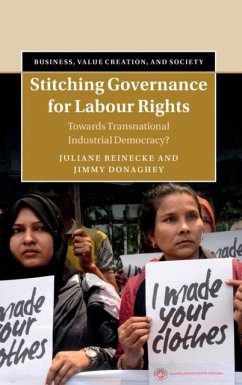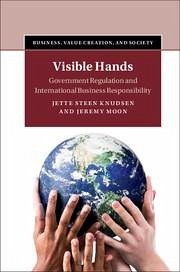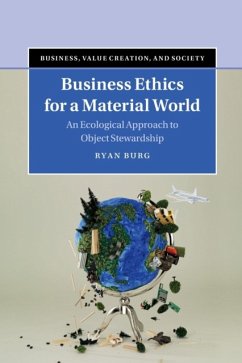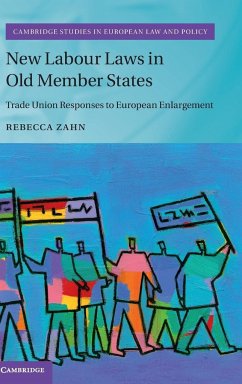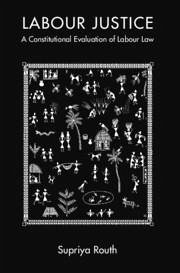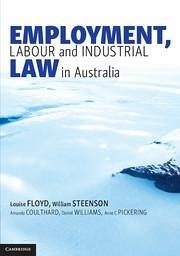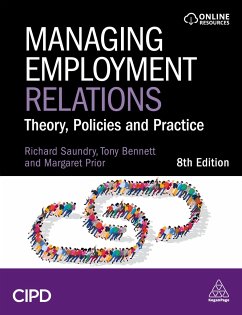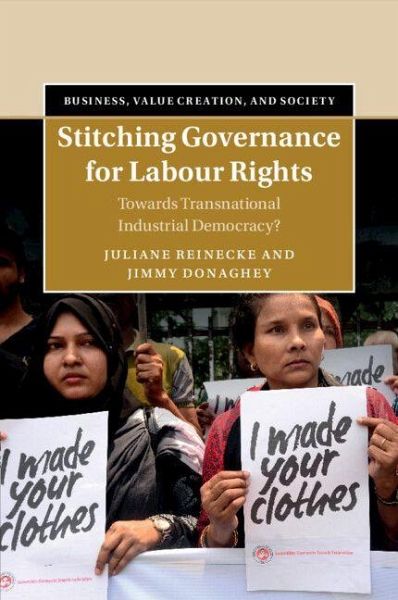
Stitching Governance for Labour Rights
Versandkostenfrei!
Versandfertig in über 4 Wochen
37,99 €
inkl. MwSt.
Weitere Ausgaben:

PAYBACK Punkte
19 °P sammeln!
Transnational labour governance is in urgent need of a new paradigm of democratic participation. Using responses to the 2013 Rana Plaza disaster in Bangladesh, this book charts innovative approaches to establish more meaningful representation of workers in global supply chains.





